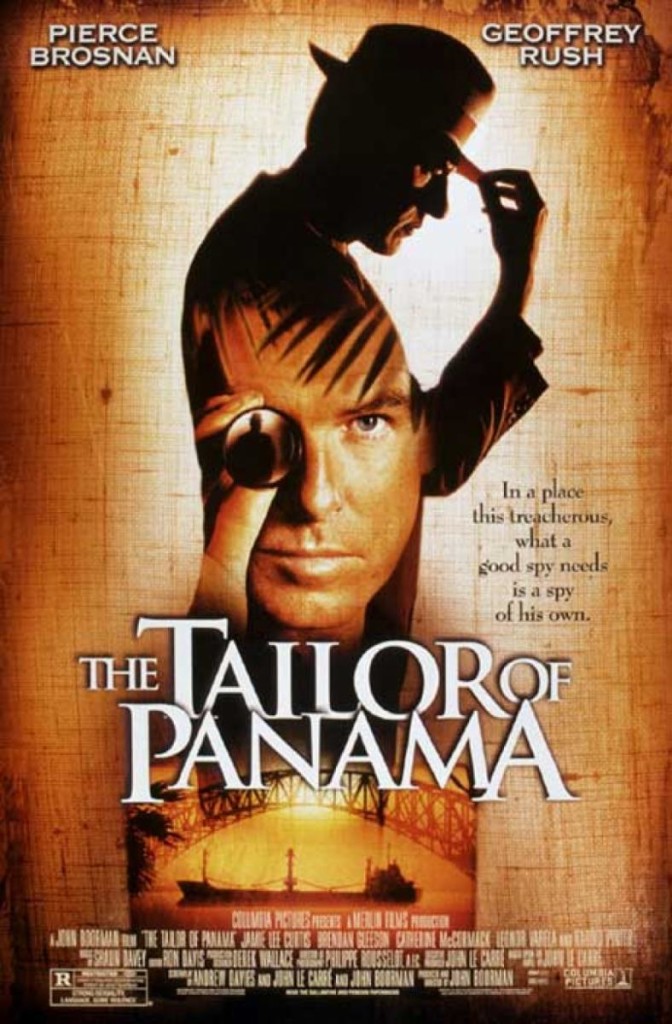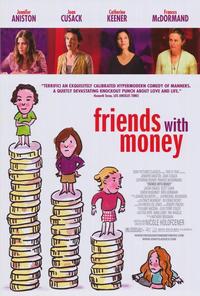Money is not a peace of mind, it’s a choice
Jemima Thomas
May 2022 • 5 min read
Money is not peace of mind, it’s a choice
If you are looking for a gritty (anxiety inducing) series to binge, then Ozark on Netflix is for you. The series is about a financial adviser who drags his family from Chicago to the Missouri Ozarks, where he must launder money to appease a drug boss. So basically it’s a show about Solomon’s! (Please note this is very clearly a joke and we are not affiliated to this fictional TV series).
I was very pleased to see how many hits (yes, I stalk this on the regular) my first blog post ‘Slow and Steady’ got a few months ago, and I’m hoping that my youthful (and often under-represented) perspective will be mildly interesting to read again …
Amusing to some I’m sure, but I’ve always used the backdrop of art mediums such as film and TV to understand more about life, and there are a huge amount of personal parallels that resonated with me whilst watching Ozark. For one, the show is filled with financial lessons and quotes that have stuck with me. One of my favourites comes from lead character Marty: “Patience. Frugality. Sacrifice. When you boil it down, what do those three things have in common? Those are choices. Money is not peace of mind. Money is, at its essence that measure of a man’s choices.” For me this completely encompasses why we do what we do here at Solomon’s, and why great financial planning is so important.
Finding a good financial planner is a choice. And I truly believe it’s one of the best and often life-changing decisions you can make. Aside from the obvious differences of what Solomon’s does and what character Marty does (we aren’t laundering money, killing people, or secretly working for drug lords), we are however helping our clients invest their money wisely, something that I have begun to do myself. Perhaps I’m avidly searching for advice more often now both in ‘life’ and when it comes to my own finances, but I am acutely aware of the importance of having a financial plan.
Life isn’t always straightforward and is constantly changing, but some financial lessons are staple and vital in the long-run. Much like what happens to Marty and his family throughout each season, they are constantly having to adapt under severe life or death scenarios, and it’s eye-opening to see (although fictional) what people choose to do to save themselves financially.
Choices are also wrapped up in mistakes – mistakes are wrapped up in choices
Advice isn’t something I take lightly. I used to despise unwarranted advice, especially in my teenage years where I probably had a chip on my shoulder and felt most lost. But as I’m getting older, it’s something I welcome with open arms, and usually ask for. Other people’s mistakes often teach the biggest life lessons, and an open mind allows the space for us to learn from one another.
I get to read and listen to clients’ stories regularly as part of my work on Spotlight (our client magazine), and we often ask ‘’If you could go back and give your 20-year old self advice, what would it be?” and the responses are always helpful and interesting. When people feel comfortable and safe enough to talk about their financial mistakes (or any mistake for that matter), I am reminded that every day is a school day.







